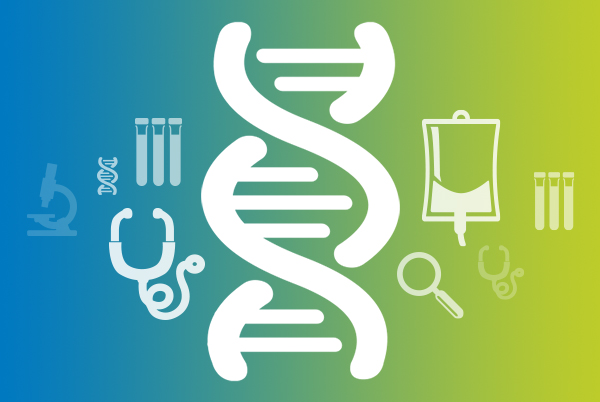Racial and ethnic disparities in access to and outcomes of stem cell transplant in cancer patients have declined over time for most groups.
An observational study by the Center for International Blood and Marrow Transplant Research (CIBMTR)
Health Services and International Studies Working Group included 140,492 patients who had their first autologous or allogeneic hematopoietic cell transplant between 2009 and 2018 for any malignant disease comparing transplant rates and 2-year survival
between non-Hispanic white and underrepresented minority patients.
Diseases included in the study were non-Hodgkin lymphoma, Hodgkin disease, multiple myeloma, acute myeloid leukemia, acute lymphoblastic leukemia, lymphoma and myelodysplastic
syndrome/myeloproliferative disease. Patients were divided into racial/ethnic groups as reported by their providers: non-Hispanic white, African American, Hispanic and other (Asian, Pacific Islander, Native American).
All racial/ethnic groups
had increased numbers of blood and marrow transplants. African American and Hispanic patients had bigger gains than non-Hispanic white patients, at a rate of increase exceeding demographic changes in the U.S. population. Underrepresented minorities’
transplant growth exceeded other groups. And all racial/ethnic groups had increased survival two years after transplant. However, two groups still lagged —African American and other (Asian, Pacific Islander, Native American) pediatric transplant patients.
They had worse chances of two-year survival compared to non-Hispanic white patients.
While we celebrate the important strides made in this area of medicine, it’s not enough if it’s not equitable—if some are left behind. The National Marrow
Donor Program (NMDP)/Be The Match is committed to achieving equal opportunity and outcomes for all patients. That means research. Important research. All stakeholders must strengthen efforts to improve access and outcomes of transplantation. It will
take time, attention and funding to understand and address the disparities.
Learn more by reviewing a comprehensive analysis and description of the study.
CO-AUTHORS
CIBMTR Health Services and International Studies Working Group
Study Co-Chairs: Nandita Khera, MD; Theresa Hahn, PhD; Sikander Ailawadhi, MD; Wael Saber, MD, MS
Working Committee Co-Chairs: Nandita
Khera, MD; William Wood, MD, MPH; Shahrukh Hashmi, MD, MPH
.jpg) " />
" />


